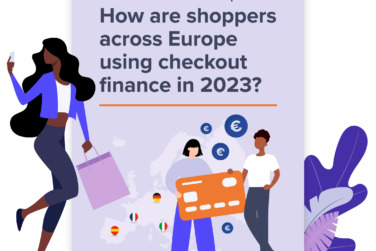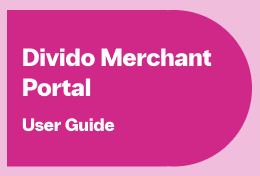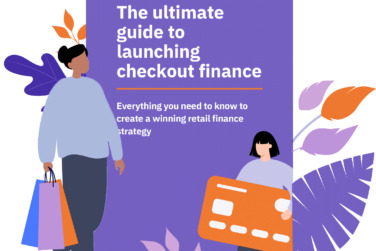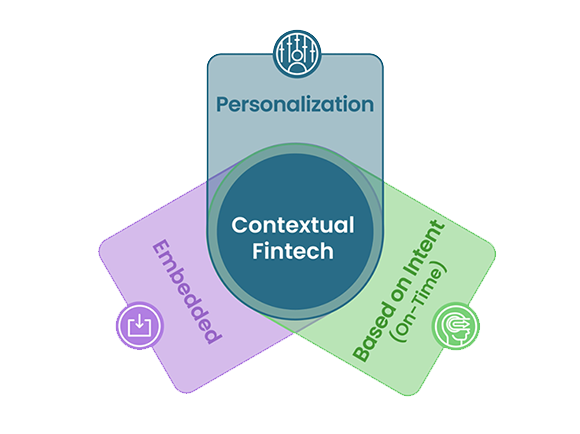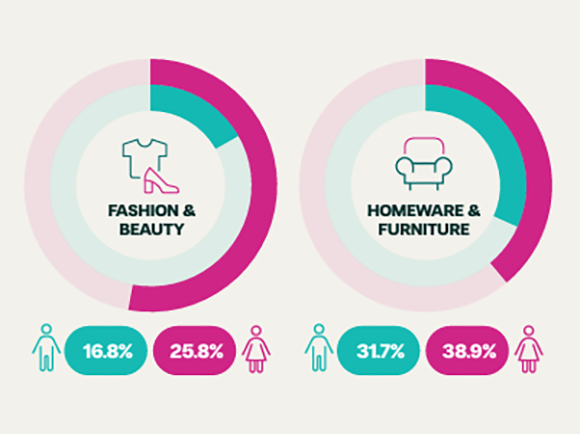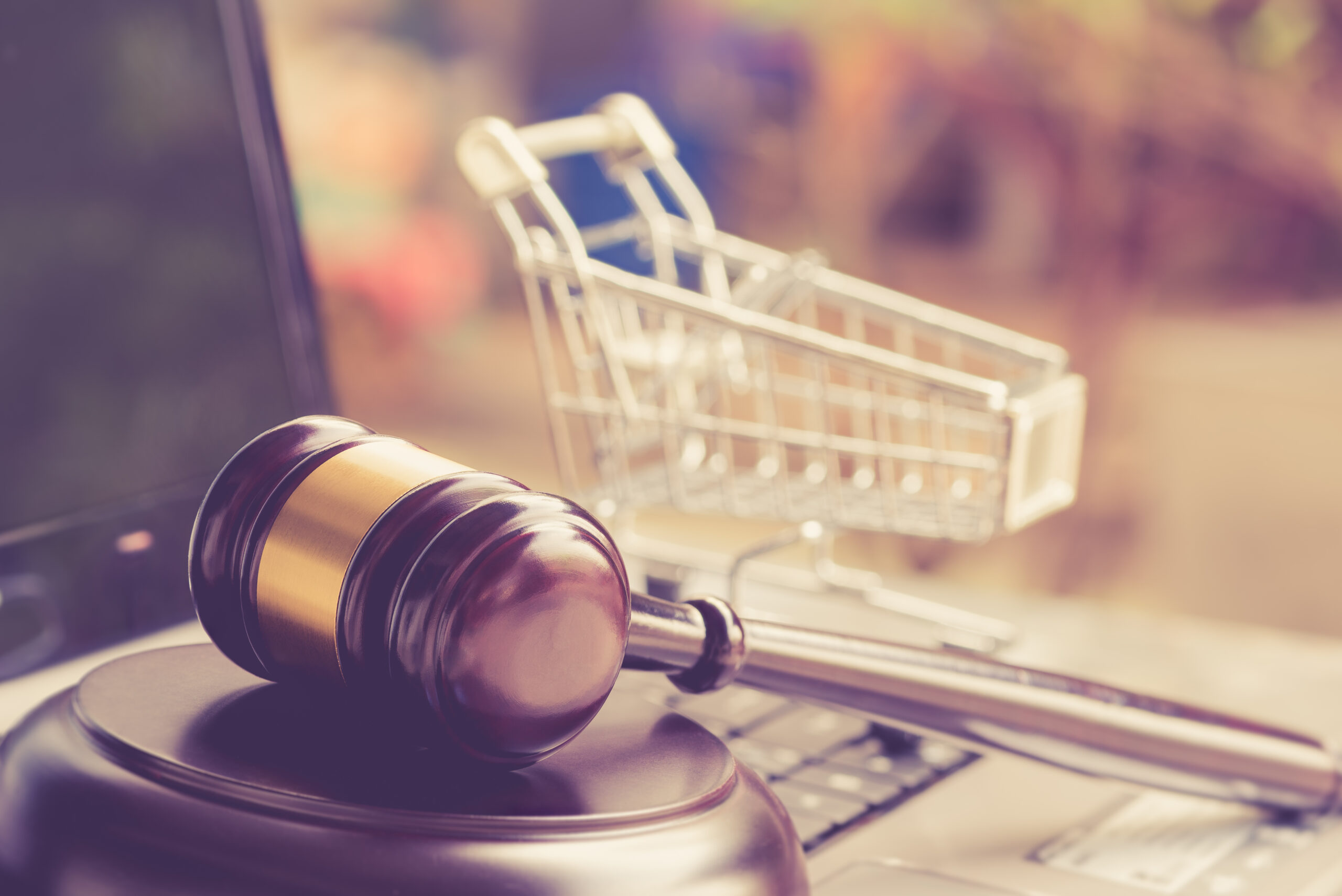
In June 2021, Divido released a white paper titled ‘Buy Now, Pay Later Regulation: A Global Snapshot’. We provided the state of play for BNPL legislation in four key markets – UK, Australia, Europe and the US. Today, in light of the forthcoming legislative changes, we update that snapshot.
So how are governments responding?
UK
The UK is arguably at the forefront of BNPL regulation.
The FCA began an investigation into the sector shortly after BNPL’s meteoric rise. The 2021 Woolard Review found potential for consumer harm and catalysed the government to begin a full-blown consultation. There have been a few notable wins since.
The FCA, for example, persuaded four of the largest providers to change their contracts. Three of those firms voluntarily refunded customers over a term regarding late payment fees.
BNPL firms also began reporting to the major credit reference agencies in June 2022. BNPL payments now show up on one’s credit file and count towards credit scoring.
Meanwhile, the government has outlined the shape of regulation. The FCA will be granted new powers to clamp down on unregulated lenders, and consumers will be able to raise complaints with the Financial Ombudsman – bringing BNPL in line with other credit products.
Section 75 of the Consumer Credit Act will also be extended to BNPL transactions, meaning consumers are financially protected should the merchant go out of business or if there is a problem receiving the goods.
Rules around marketing are changing, too. Financial promotions must be ‘fair, clear and not misleading’ – which could be taken as a jab at the sector’s approach to marketing up till now.
The bottom line is that the government expects any unauthorised merchants offering BNPL to fall into line fairly quickly, with potential fines for those who don’t.
See: BNPL Regulation: Six likely changes for the sector
Australia
Australia boasts one of the most mature BNPL markets on the planet (14% BNPL penetration in 2022). That’s ahead of the UK (8%) and well above the US (5%).
Currently, many providers in Australia self-regulate by aligning their market propositions to the Australian Consumer Credit Protection Act (2009).
However, BNPL still falls outside of Australia’s National Credit Protection Act and the national credit code. As such, consumers could face consequences should things go wrong. Concerns are growing as consumer groups fear the cost-of-living crisis is forcing some to forgo paying for other essentials in order to pay back their BNPL loans.
Like the UK, Australia’s Treasury is in the latter stages of a consultation. An Options Paper, closed for submissions in December 2022, suggested three scenarios for BNPL regulation and sought feedback from industry and consumers.
Option 1 proposed strengthening the BNPL industry code (a softer touch). Option 2 proposed limited regulation under the Credit Act (a firmer stance). Option 3 proposed full regulation of BNPL under the Credit Act (the tough approach).
Perhaps unsurprisingly, consumer groups, banks and consumers support Option 3. Australia’s Corporate Watchdog recently made it clear that they would like to see BNPL treated the same way as other credit products. This removes ambiguity and room for loopholes to be exploited.
Supporters of Option 2, like Zip and Afterpay, are in favour of regulations but argue for balance between the benefits BNPL products offer and the flaws in legislation. Regulation must be fit for the industry if it is to foster innovation in the sector while protecting consumers. Supporters of Option 1 argue tighter measures will damage the industry.
Regulation is expected mid-2023. The government will use feedback from the Options Paper to decide what shape it will take.
Europe
BNPL usage, and sentiment towards it, varies across the continent. Germany has the highest penetration by far (24%) while France has some of the lowest amongst its peers (5%).
The European Union has a general Consumer Credit Directive which covers loans between €200 and €75,000. However, BNPL loans are small and often fall under the scope of these protections.
Member states are free to create their own legislation, so some countries have tougher measures in place as a result – a situation the EU feels is inefficient.
In June 2022, the EU council announced plans to revise the Consumer Credit Directive to harmonise legislation across the Union and ensure consumers are fully and equally protected. Terms and Conditions, pre-contractual information, marketing, pricing, and credit-worthiness will all be updated.
Pre-ticked contract boxes, for example, will be banned, and contracts must be presented in a mobile friendly format.
US
In the US, individual states control many of their own laws. Providers are regulated by a combination of federal and state laws under various consumer credit regimes. But the situation can be described as ad-hoc at best.
The Consumer Financial Protection Bureau (CFPB) launched an investigation in 2021 amid concerns BNPL was causing harm to consumers. It asked five of the largest providers in the US – Affirm, Afterpay, Klarna, Paypal and Zip – for information on their business practices. The consultation report outlined benefits of BNPL as well as potential for consumer harm.
Its findings were fairly consistent with other nations. A lack of clarity and standardisation for important contractual information, issues with disputes, data protection, and late fees.
In September 2022, the CFPB announced plans to publish guidelines on the shape of regulation. The Federal Trade Commission also reminded BNPL providers that they must comply with basic consumer protection rules.
These are both signs that the US is taking regulation seriously. That said, the US is still a way from full BNPL regulation.
What will be the impact of regulation?
It’s clear that BNPL has the potential to cause harm to consumers. Laissez-faire lending has earned the industry a bad reputation. So, for consumers and the market in general, regulation will have a positive impact.
Banks are set to prosper, too. Unregulated FinTech BNPL providers have flourished in recent years thanks to a lack of regulation. Banks on the other hand, which are regulated by design, have been kept at an arm’s length.
But that’s changing. Regulation is levelling the playing field by bringing BNPL in line with other credit products.
Banks and FinTechs will soon play by the same rules as big financial institutions – and it is the latter who have the most experience in this field.
They also have a legacy of lending to lean on, they’re cash rich, and they have long-standing customer relationships and oodles of experience in turbulent markets.
BNPL providers, meanwhile, are grappling with sky-high interest rates for the first time. Most were born in an era of cheap, free-flowing cash. But those days are over and costs are rising. Regulation adds further pressures.
The market is changing for the better. Legislation that enhances protections for consumers can only be a good thing.
Don’t miss: How does Buy Now, Pay Later compare to other forms of finance?
Want to learn more about the benefits of Buy Now, Pay Later?
Divido’s latest white paper offers never-before-seen insights into the world of checkout finance. Understand how and why customers are flocking to this form of payment, with real statistics backed up by our survey of British consumers. Download your free copy here:
You might also
be interested in
Keen to know more?


